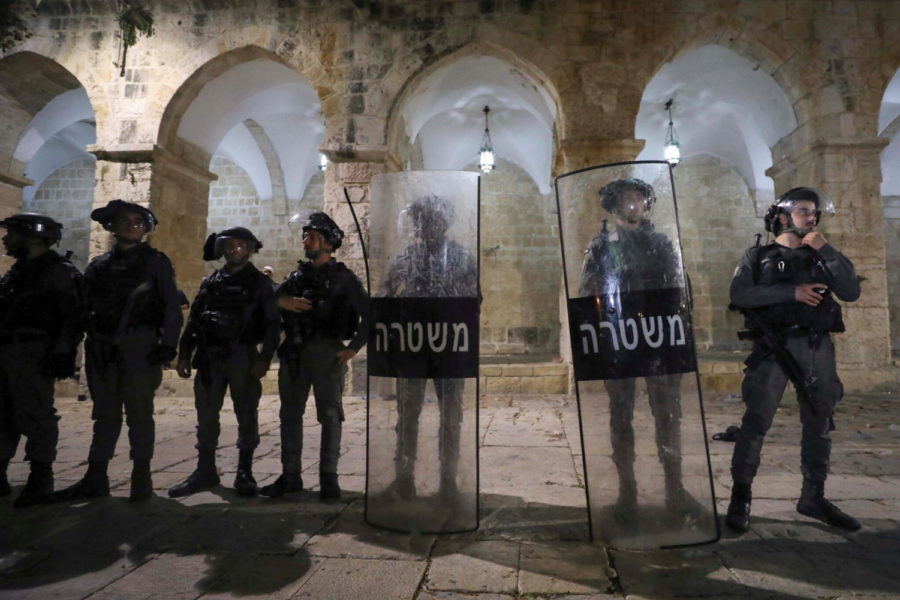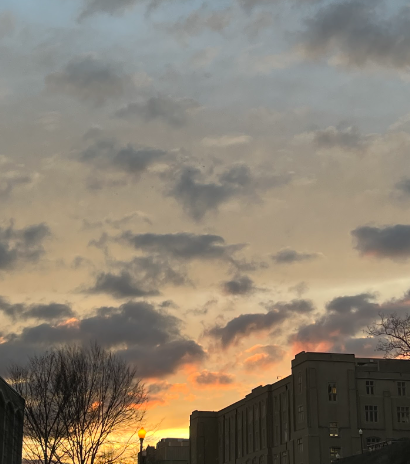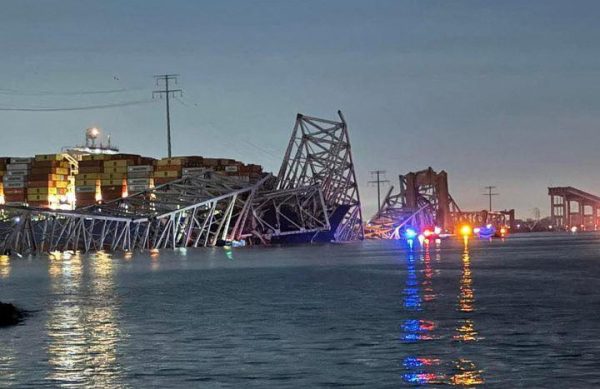Recent Israel-Palestine Clashes Worrisome, but Not Dire
June 2, 2021
The Israel-Palestine conflict has been long standing, but a recent flare of violence has brought public attention back to the matter.
According to the New York Times, the recent violence began with an Israeli raid on a Palestinian mosque on the firs day of the Muslim holy month of Ramadan. This raid, along with other contentious moments, help to incite a more serious conflict.
Palestine, which is led by Hamas, an internationally recognized terrorist group, has far fewer resources than Israel, and as such has been impacted most heavily by the violence, which has included numerous rocket strikes that have killed civilians. Palestine has returned fire, but caused fewer casualties. There has been at least one report of a missile attack on Israel originating from a Palestinian refugee camp in Lebanon.
Due to continuous oppression and relocation efforts from the Israeli government, much of the Palestinian population is impoverished and poorly educated. There is also a serious housing problem due to Israel’s continued encroachment into Palestinian territories, namely the West Bank and Gaza Strip.
The surge in violence comes as a surprise to many. The last major conflict between Israel and Palestine was over seven years ago, and the last Palestinian uprising, or Intifada was over 16 years. Even when President Donald Trump recognized Jerusalem as Israel’s capital, it was met with little backlash, and no major violence. The Israeli military did not even anticipate Palestinian, and was reported as viewing Iran or Lebanon as its most pressing threats before a conflict broke out with Palestine.
Following over two weeks of violence, a ceasefire was agreed to by both sides, and has held strong despite some civilian clashes. It is unlikely that this recent conflict will result in a larger military engagement from either side, but it is indicative of the incredibly unstable geopolitical climate, not only in Israel and Palestine, but the entire Middle East.













